My own love for this memoir may be all to do with snobbery and self-identification. Moreover, I’ve always thought a life downstairs is an underrated career opportunity, offering access to all the aesthetic pleasures of the big house while bypassing the nuisance of admin and the financial burdens of its upkeep. On another level, here is the psychic restfulness of parking your own ego while, like HM the Queen, you focus on serving. And now I’ve found a personal account which, in spare and understated comic style, not only confirms that theory but refreshes my memories of the old days in my Irish homeland.
Gillies Macbain totally gets the point of Ireland and its — mainly benign — peculiarities. He is not Irish himself, but he had fallen in love with the country and so, when in 1964 he failed to pass the exams for Trinity College, Dublin, he decided to go and live there anyway. He had a tent and a bicycle and, after some uncomfortable camping, he headed to Miss Synnott’s employment agency in Dublin’s Middle Abbey Street.
Miss Synnott had an in with the remnants of the Anglo-Irish ascendancy who went to her for butlers, footmen, cooks and housemaids. She clearly had a gift for these things and had only to clap eyes on the youth (‘20, tallish and lean’) to realise that he would make an ideal pantry boy for a Georgian mini-stately in County Wicklow. Macbain, an architectural enthusiast, and with nowhere else to sleep, was more than ready to move in right away:
I was happy to settle for a bed, clean sheets and three meals a day, with 4 pounds 10 shillings a week in wages and half a day off each week. The pantry boy polished glasses and silver and other such jobs behind the scenes without emerging from the pantry.
Macbain quickly loved the life. He had felt oppressed by the ‘constant burden of other people having ambitions for me that I would never be able to fulfil’. Pantry boy, by contrast, was a role he could easily perform well. He soon moved up the scale and became a butler/footman at various exciting Irish houses such as Leixlip Castle, Castle Leslie, Castletown House, at Malahide Castle where the Talbots had lived for 800 years, and on the yacht of Lady Honor Guinness as it sailed around Turkey.
The reality is that if you are lucky enough to have a butler, you are usually rich enough to have more than one house and be resident only sporadically in any of them. Guess who is enjoying the privacy and luxury while you are away? By the same token, Macbain could be unlucky: ‘So I have seen the great city of Istanbul, but I have never set foot in it,’ he writes, of working on Lady Honor’s yacht.
He was obviously more intelligent than many of those he served (Jeeves springs to mind). At one moment, while proceeding around the dining table ‘backwards, clockwise, offering the mashed potato from the correct left side with my left hand’, he makes the mistake of supplying the word that one of the guests was groping for — ‘oxymoron’. He learns never to breach this etiquette again. And yet there is not an ounce of chippiness in this story. We learn useful insights into the choreography of entertainment and the imperatives of perfection. One small wrong thing, such as forgetting to lay a spoon for one guest, can bring an entire dinner party to a halt.
As his love for Ireland deepens, to the extent of even converting to Catholicism in the hope of marrying an Irish wife, in 1967 Macbain buys at auction, with £5,000 left to him in his mother’s will, the Georgian Laragh House in County Monaghan with 40 acres and 20 rooms, where he becomes an aspiring farmer. He loves the dank back-waters, the way information is exchanged or withheld in small communities, the way the roads would turn black on Sundays with people walking to mass, or hitching lifts on a tractor ‘until they were perched all over it like hens in a roost’.
During his days off he headed for Dublin where he piggybacked off the social contacts of a well-connected drunk artist (everyone was drunk in Ireland in the 1960s and 1970s). Macbain was a sponger — openly — but in that accepted way of the time when the custom was that if someone in your social set had money then you all felt welcome to share in it. And in the hierarchy of sponging, those lower down the financial scale sponged off him. He welcomed a local farmer and family into his own Laragh House, for example, while the farmer’s was rebuilt.
The ascendancy houses ‘were in rapid decline, but sometimes societies in decline — like great cheeses — save their most delicious flavours for just before they go off’. Macbain’s vivid depictions of rural life are equally enjoyable. But what we never get told is how he himself has managed to live for the past 40 years in Crannagh Castle, and then its tower house, in County Tipperary. He stops the story in 1974, but I heard him on Irish radio and there is clearly more to come. Meanwhile, his choice to be ‘the last footman’ was clearly a good one.
Got something to add? Join the discussion and comment below.
Get 10 issues for just $10
Subscribe to The Spectator Australia today for the next 10 magazine issues, plus full online access, for just $10.
You might disagree with half of it, but you’ll enjoy reading all of it. Try your first month for free, then just $2 a week for the remainder of your first year.


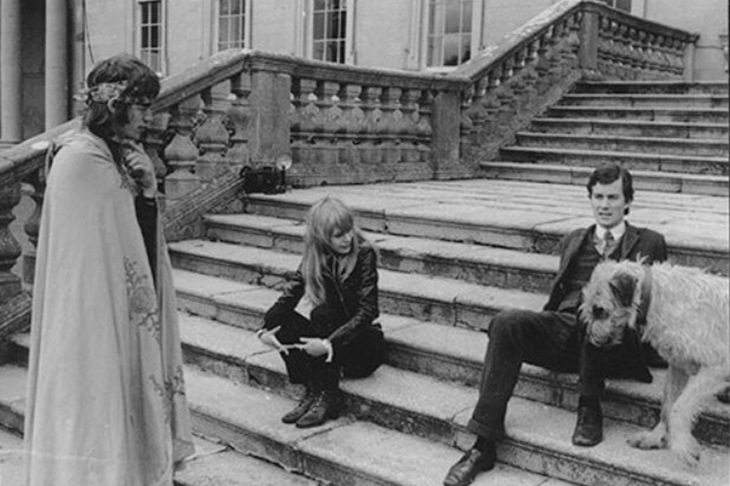
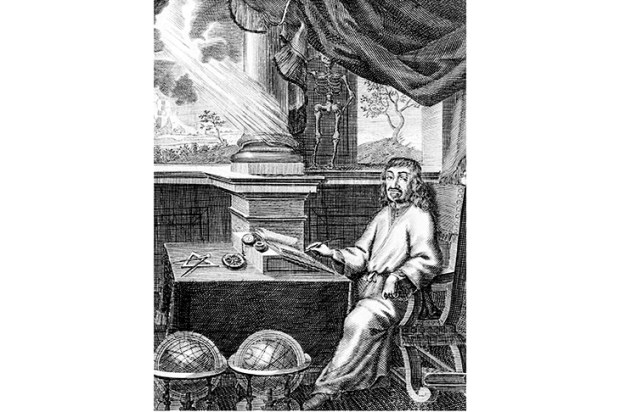
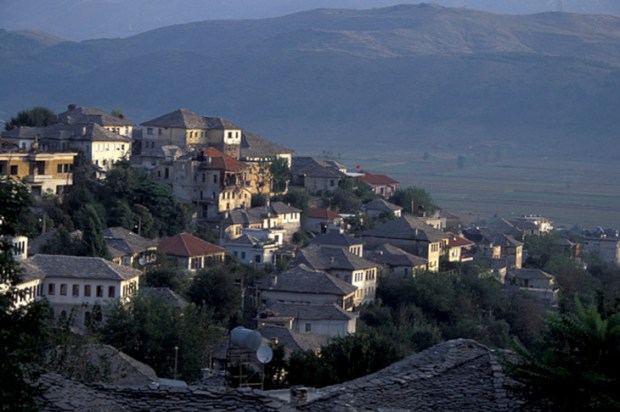
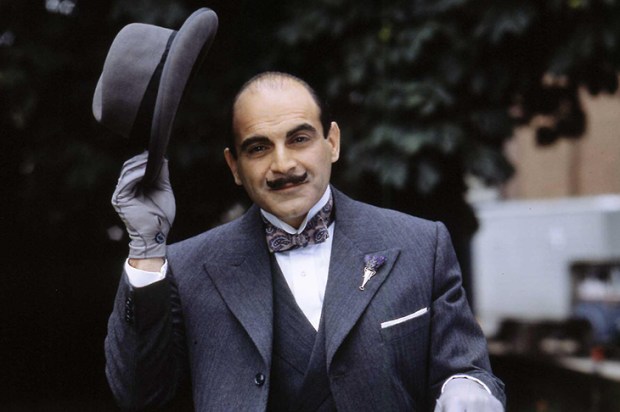
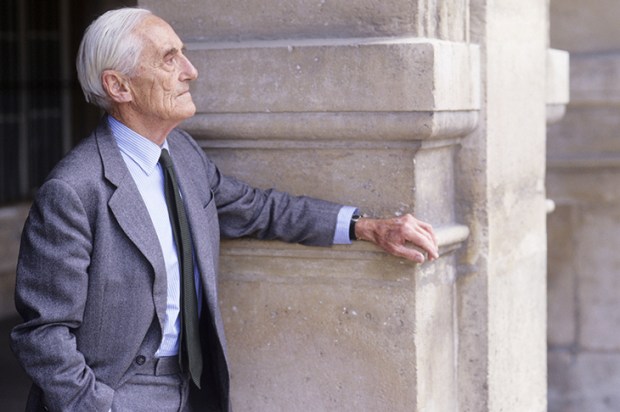

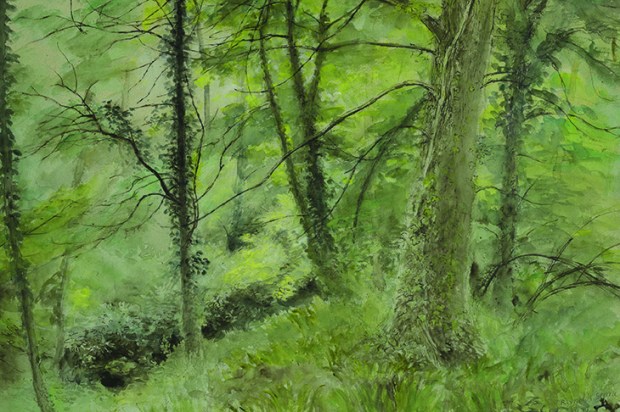






Comments
Don't miss out
Join the conversation with other Spectator Australia readers. Subscribe to leave a comment.
SUBSCRIBEAlready a subscriber? Log in